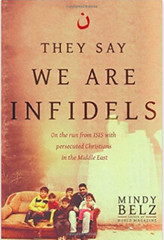When I flew into Iraq last year, right after the 21 Martyrs were decapitated, Mindy Belz, an editor with WORLD Magazine, flew in too. We both came to stand with the shattered and give voice to the shell-shocked. And what Mindy discovered was a living and breathing church, where some worshippers chanted their liturgy in Aramaic, the language of Jesus. This diverse Christian minority has become the targets of Islamic terrorist groups — but Mindy has seen, over and over again, that in the midst of death and destruction the gospel of Jesus Christ remained alive, and going forth. ISIS now threatens the existence of Christians in Iraq, and Christians are being tested like never before. It’s a humbling grace to welcome a brilliant woman like Mindy to the farm’s front porch today…
guest post and photos by Mindy Belz
A United States air offensive broke what had been weeks of unchecked advance by the Islamic jihadists.
By daybreak ISIS could have been at Erbil’s doorstep.
Instead, its commandos had been pushed back to a distance twenty-five minutes away.
It felt like a victory, even if it was only a reprieve.
Tens of thousands of Iraqis remained stranded on Mount Sinjar. Most who survived nearly a week on the mountain eventually walked twelve miles to Syria for refuge.
The Kurdish peshmerga then opened a road, allowing the refugees to make their way back to Iraq, to safety in Kurdistan near Dohuk.
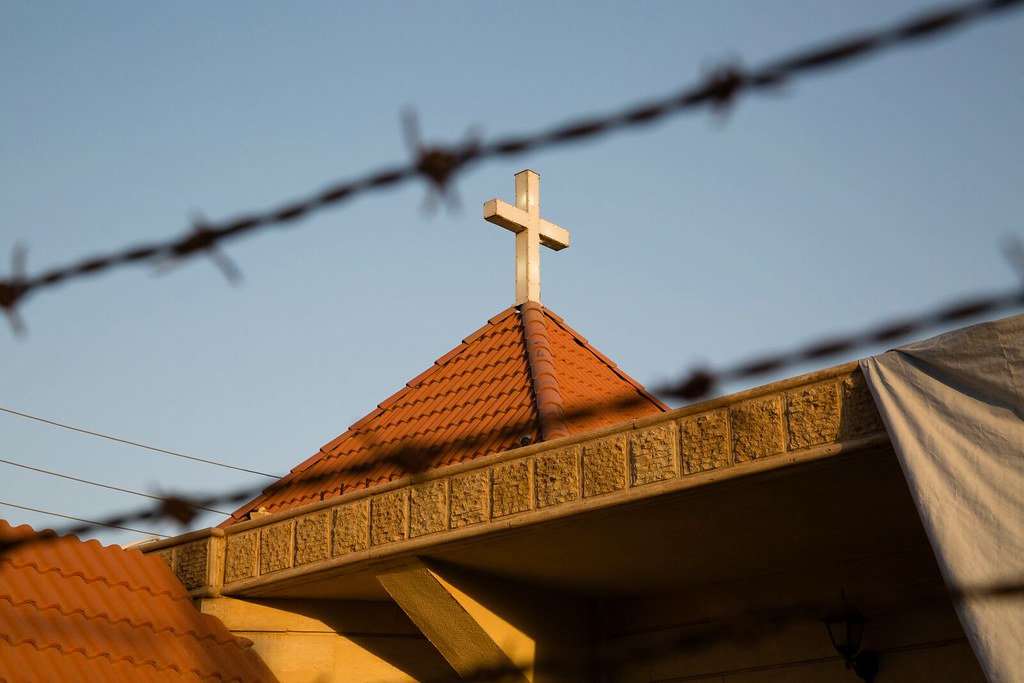
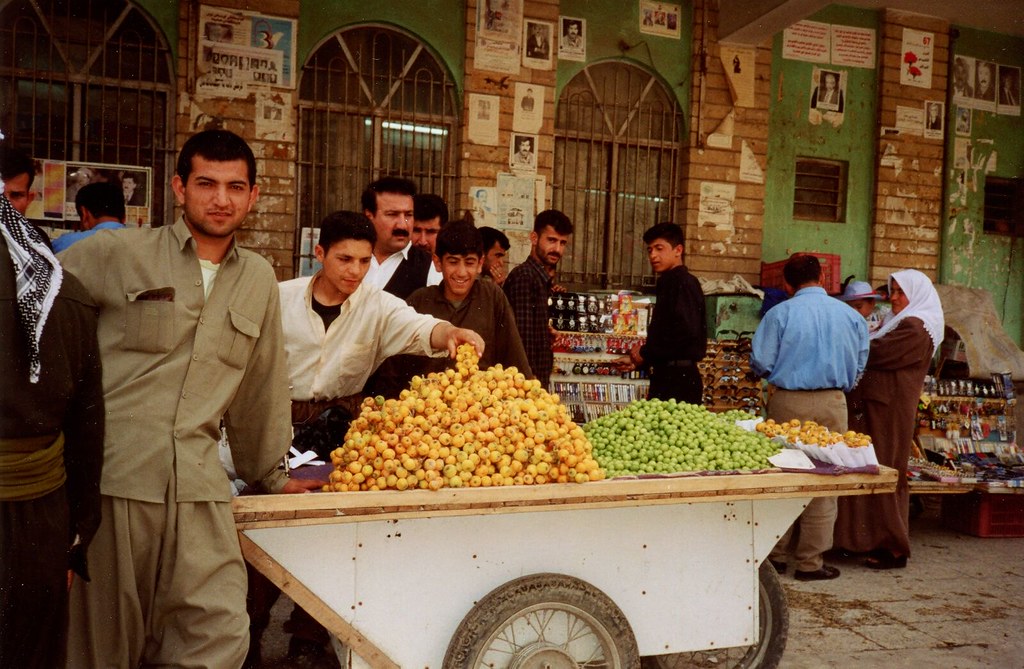
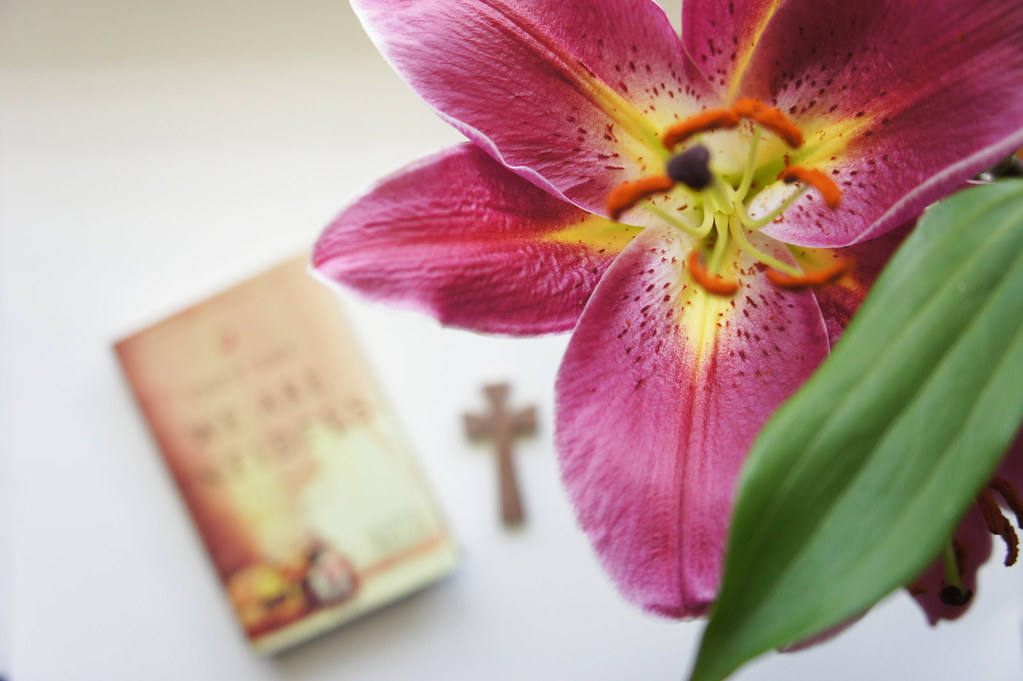
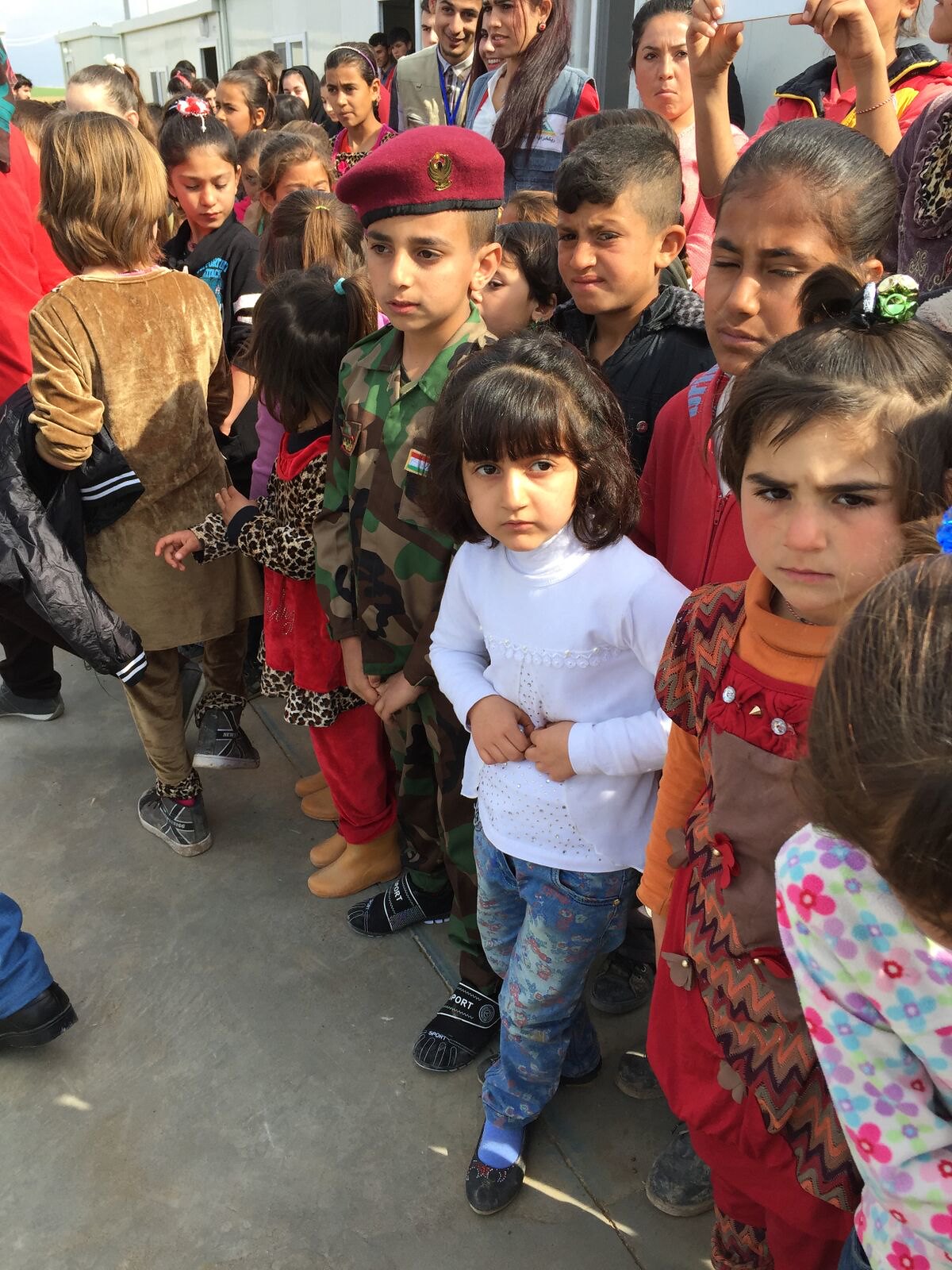
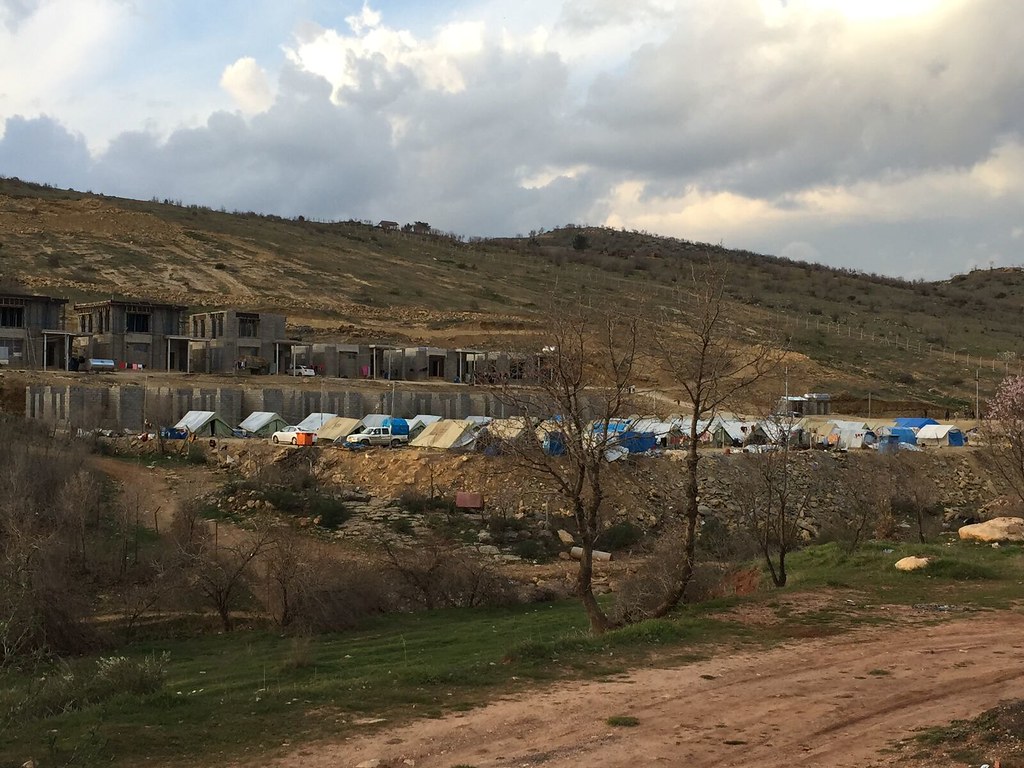

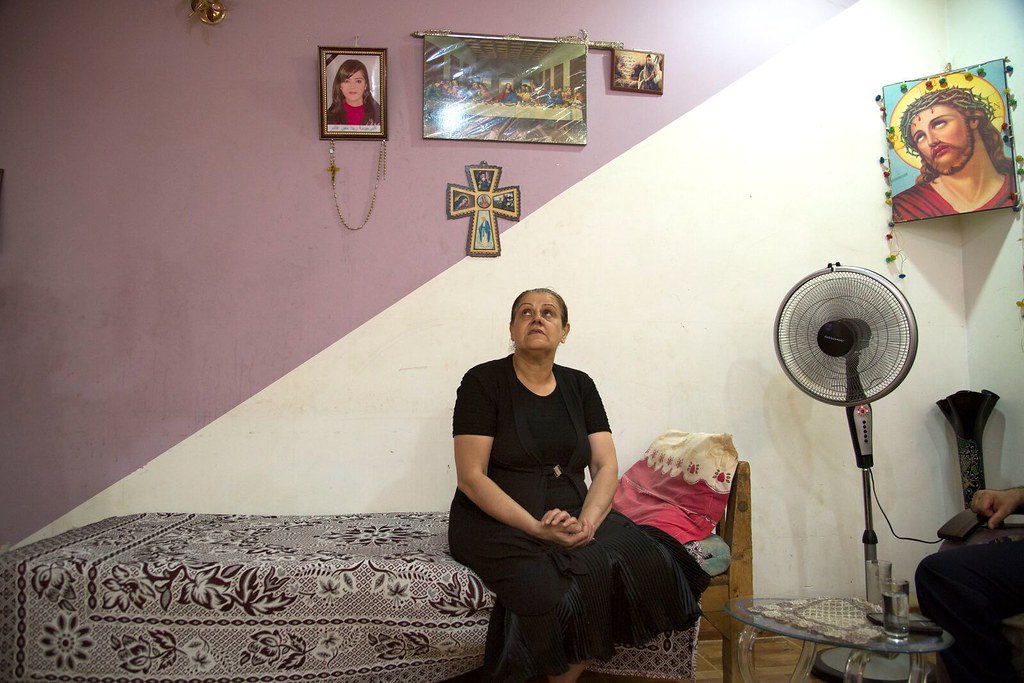
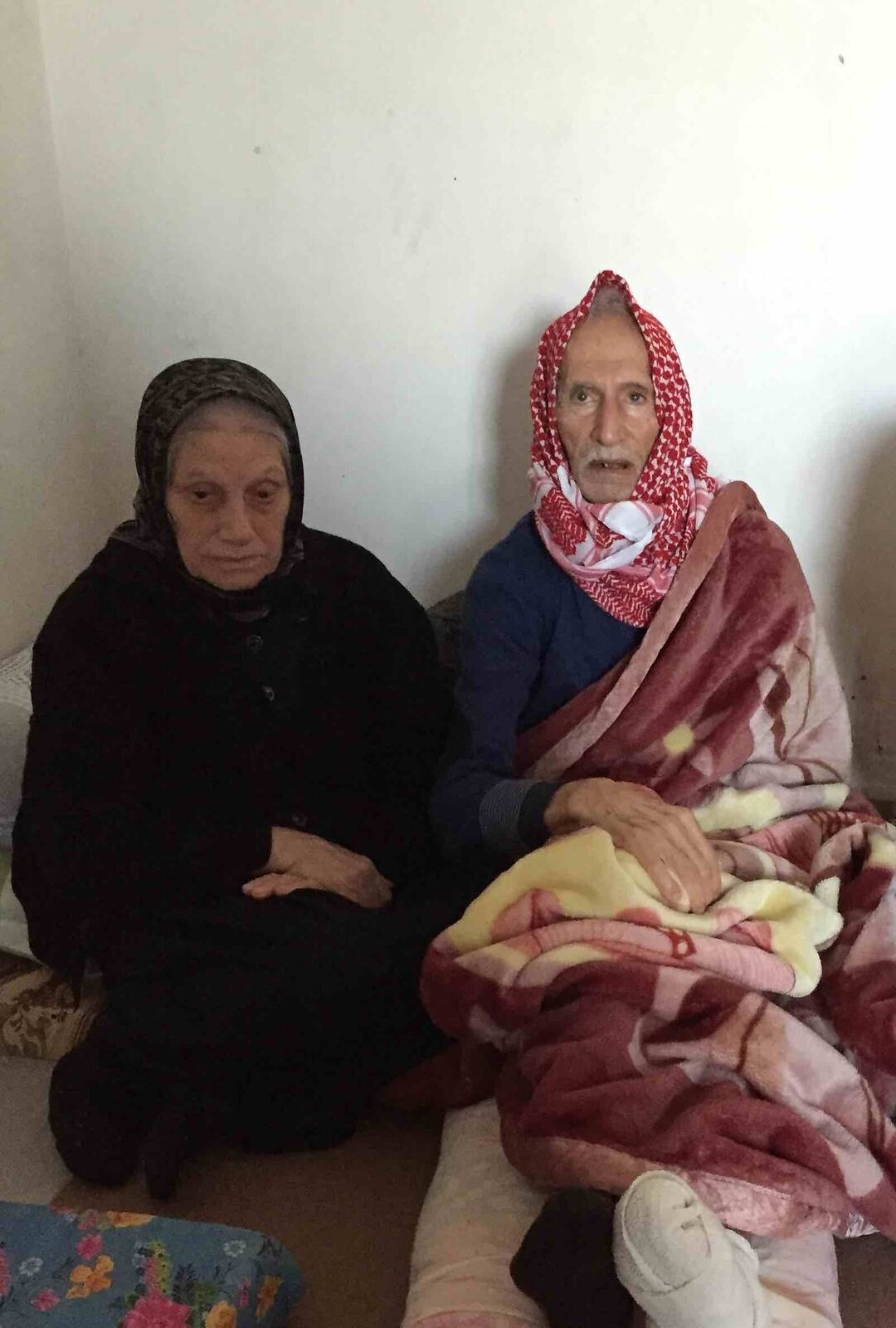
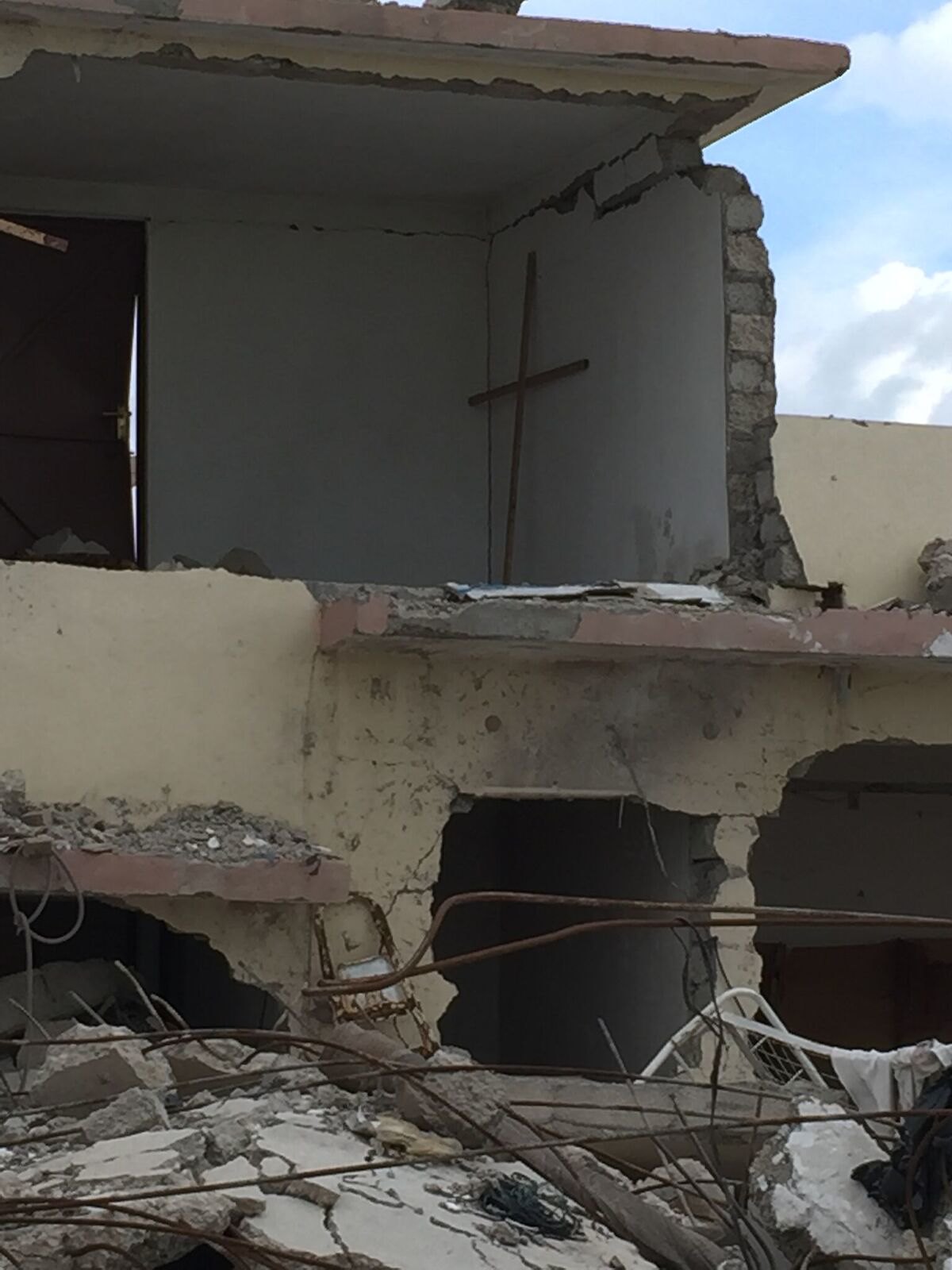
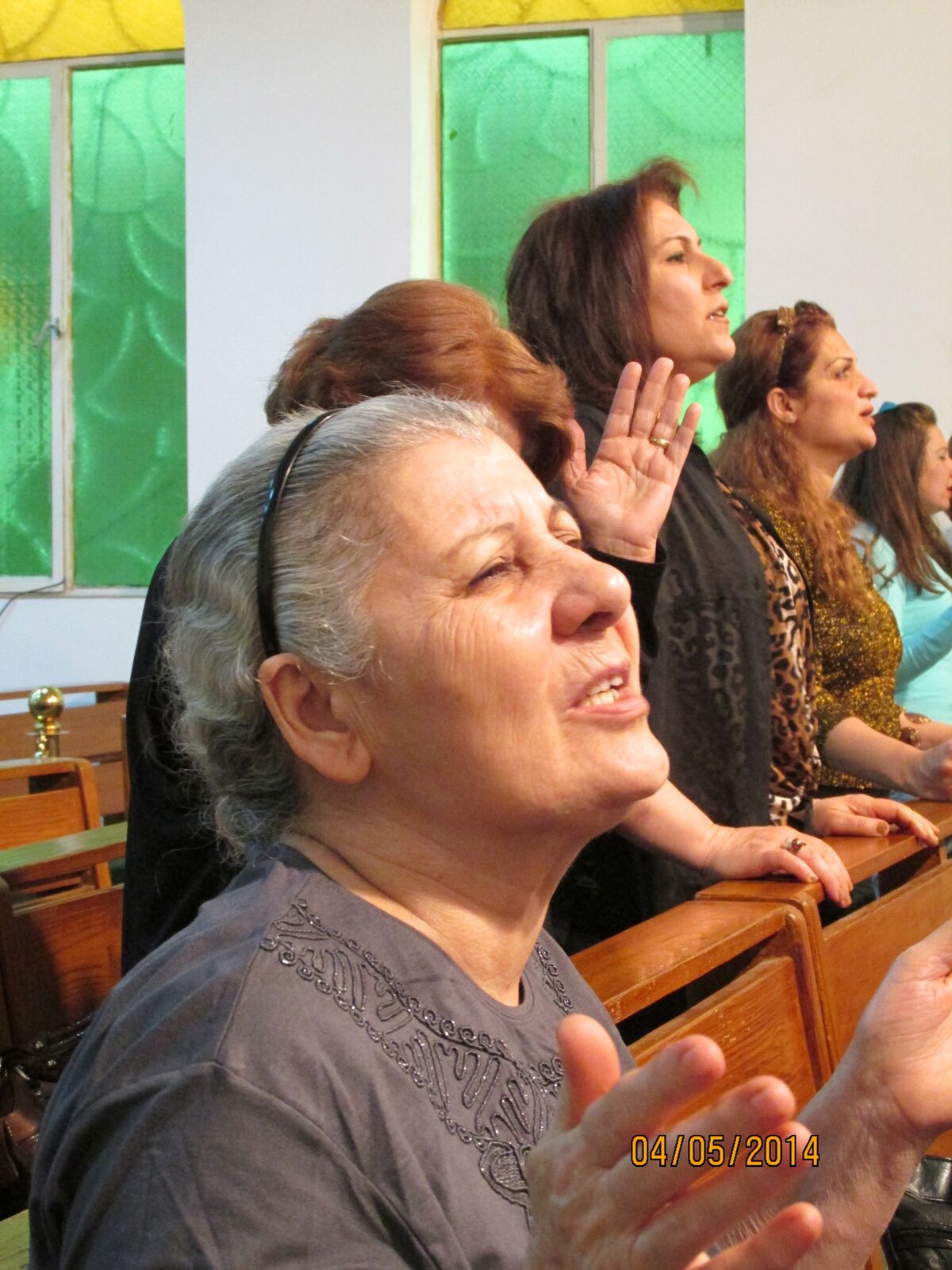
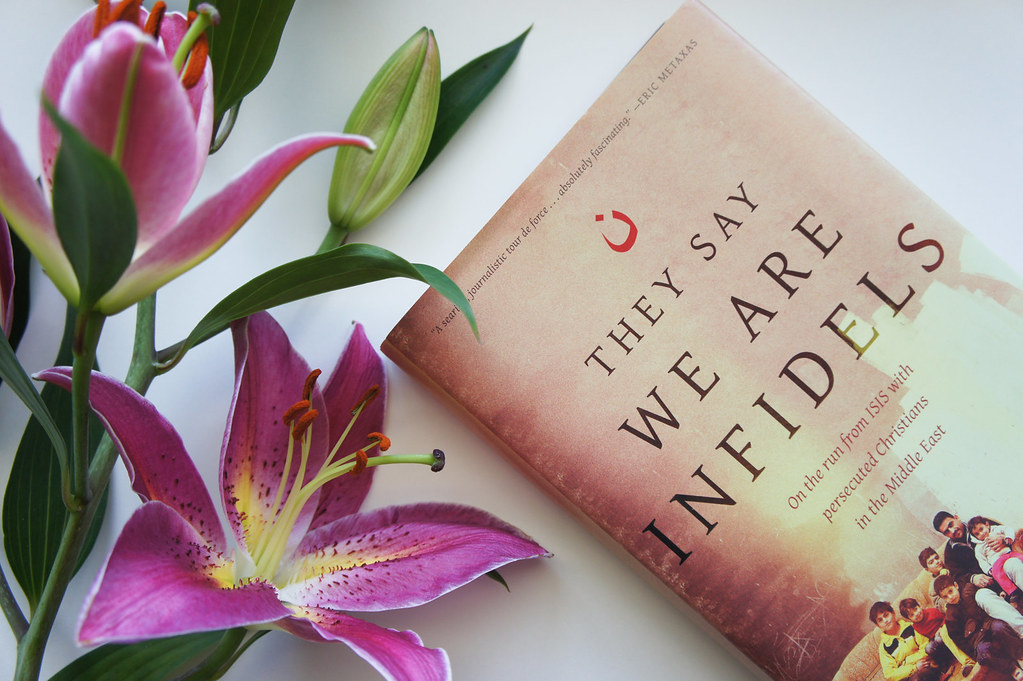
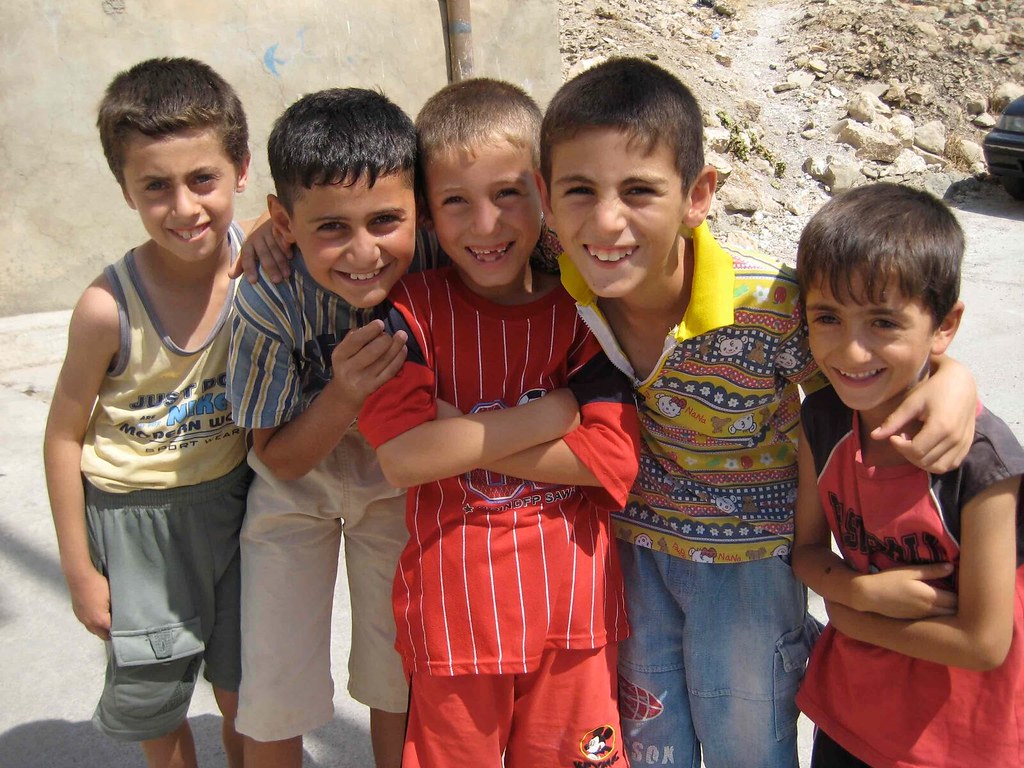
Many elderly and disabled Iraqis, along with their caregivers, were trapped in the cities and towns overtaken by ISIS, beholden to the Islamists’ whims and cruelties.
Otherwise those cities and towns sat eerily empty, guarded by guns and black-cloaked militants but home to no commerce, no everyday life.
In Qaraqosh, about one hundred Christians had been left behind. ISIS held them hostage inside their homes or churches.
One father described being tortured while his wife and two children were threatened after the family refused to deny their faith. When ISIS ordered them back to their home, the family escaped.
******
A few months later I met Najeeb Daniel and his wife, Dalal, both in their seventies.
ISIS militants had held them in their Qaraqosh home for fifteen days in August, then forced them to run.
The militants loaded them, along with others who had been too old or disabled to leave sooner, onto a bus. They drove them to the edge of town, where they dropped them off and ordered them to cross the Khazir River, located nearly ten miles away.
Given the condition of the group, the walk to the river took nearly twelve hours.
Already tottering, Najeeb fell into a hole along the way and broke his leg. The armed militants shooed them from behind, yet he couldn’t move.
Someone—Najeeb said it was a nun—dispatched a young man in a wheelbarrow, who picked up Najeeb and several others and ferried them to the river’s edge.
The young man carried Najeeb across the river on his shoulders.
His wife said the water reached chest height.
Once they reached the other side, the gunmen left them alone.
Learning of their flight, Kurds came in cars to help them, and medics took Najeeb to a hospital in Erbil.
When I interviewed Najeeb and his wife, they were living in one bare room on the upper floor of Erbil’s downtown shopping mall, where hundreds of displaced families were staying. Like nearly everyone who escaped ISIS, they made a home wherever they could, in this case accessible only by escalator.
Najeeb’s leg had been set but hadn’t healed well, and he couldn’t walk. He sat on the floor under a blanket, his chin quivering uncontrollably. When he tried to speak, only fragments of sentences would come.
Dalal told me their story.
For years the Iraqi Christians who populated Nineveh Plains had weighed and measured the high cost of staying but felt the tug of blood and history.
When al-Qaeda kidnapped their sons and fathers, they thought of earlier Ninevites, the Assyrians who had converted to Christianity, and they remained.
When the Sunni militias made life in their cities a daily hell of roadside bombs, they thought of the Chaldean church fathers and the monastic hermits with their libraries, and they hung on.
When the jihadist death squads in Baghdad and Mosul forced Christians from their neighborhoods, bombed them, and shot at them even while they worshiped, they remembered the life of music, the arts, the gatherings, and the commerce in the once-vibrant Jewish and Christian quarters, and they persevered. They even built new churches to keep faith alive.
And when the politicians overlooked their plight again and again, or when those who’d made it out to other countries told them it was too dangerous to remain in Iraq, they thought of the land, its history, and their fellow believers, and they responded as Insaf had years earlier: “I only hear Jesus saying, ‘Feed my sheep.’”
Now Nineveh Plains was empty of Christians, empty of all worship but ISIS worship.
The bells of the churches had fallen silent for the first time since the seventh century.
Voices for singing had been carried away. The crosses had come down; the worship spaces had been converted to mosques or simply destroyed.
The people who would not renounce their faith had been chased out, finally and perhaps irrevocably.
The Christians confronted face-to-face and door-to-door by ISIS had run, yes, but they had run only when to stay meant giving up their faith.
The sublime, nearly forgotten reality in all their hardship and loss was this: In losing everything, they had held on to the one thing that mattered to them most.
For this reason, they did not need our pity.
They had so much to teach us.
But having lost everything—houses, property, businesses, and belongings—they could not continue to survive without outside help.
Despite our distance, then, the reality remains:
We need them, and they need us.
Mindy Belz is the author of They Say We Are Infidels: On the Run from ISIS with Persecuted Christians in the Middle East and the senior editor of World magazine. Writing for that publication since 1986, Mindy has covered war and persecution in the Balkans, Sudan, Iraq, Syria, and Afghanistan and has given on-the-ground news coverage from Nigeria, Egypt, Turkey, and elsewhere.Care about the world and what in the world is going on, care about brothers and sisters in Christ being persecuted and martyred for their faith, care about defying ISIS, care about making a difference — you have to pick up They Say We Are Infidels: On the Run from ISIS with Persecuted Christians in the Middle East

